Wisdom Teeth Removal: When Do They Need To Be Extracted?
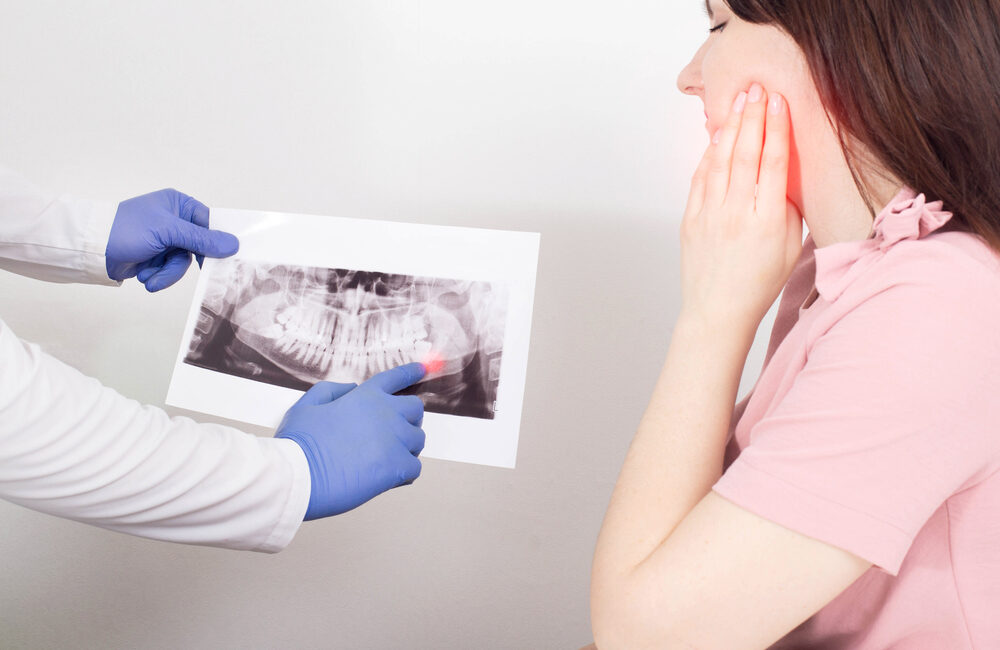
Wisdom teeth are the teeth at the very back of the dental arches and are usually the last ones to come out, if at all. Wisdom teeth were once used by our ancestors for extra chewing power for rough foods like meats, roots, nuts, and leaves. Due to the modern diet of softer foods and the use of utensils, wisdom teeth are no longer needed. In addition, as human jaws have become smaller with evolution, our mouths are no longer able to accommodate wisdom teeth, which is why wisdom teeth can lead to pain, infection, and other dental problems as they grow so there is a necessity sometimes for wisdom teeth removal.
Extraction or removal of wisdom teeth has become a standard procedure to prevent future dental problems associated with wisdom teeth, like crowding and infection, even if currently they are not causing any problems. Since the procedure requires oral surgery and recovery time, it is important to know when it is and isn’t necessary to remove your wisdom teeth.
When is the removal of wisdom teeth unnecessary?
When your wisdom teeth are fully erupted, correctly positioned in line with your other teeth and don’t cause any dental pain or problems, you do not need to get them removed. However, it’s important to note that due to their position in the back of the mouth, it’s difficult to clean wisdom teeth, thus, they are prone to cavities. Proper dental hygiene is crucial to ensure your wisdom teeth stay healthy and doesn’t cause dental problems in the future.
Moreover, certain individuals lack wisdom teeth altogether, eliminating the need for extraction concerns.
When wisdom teeth removal is necessary?
The optimal time for wisdom teeth removal is when they become impacted, indicating improper growth. Typically, impacted wisdom teeth lie at various angles, sometimes horizontally, and don’t break through the gum line because there isn’t enough space for them. Impacted teeth can push neighboring teeth, irritate the gums, and cause pain and other dental problems, including:
- Damage to surrounding teeth and their roots
- Cavities
- Inflamed gums
- Cysts
- Jaw damage
- Sinus issues
- Crooked teeth and crowding
Wisdom teeth can also partially erupt through the gum line. This creates an opening for bacteria to get around the tooth, which can lead to an infection, and increases the risk of tooth decay and gum disease.
When to see a dentist for an evaluation?
Dental experts advise seeking wisdom tooth evaluation between ages sixteen and nineteen. With age, harder bones make removal more challenging. Moreover, extended healing periods and potential post-surgery issues emphasize the significance of timely removal. Delaying extraction could result in severe complications, such as persistent bleeding, tooth fractures, and lasting jaw mobility problems.


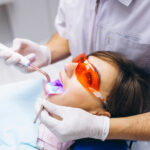

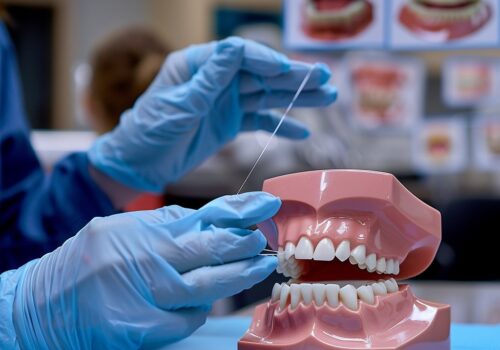

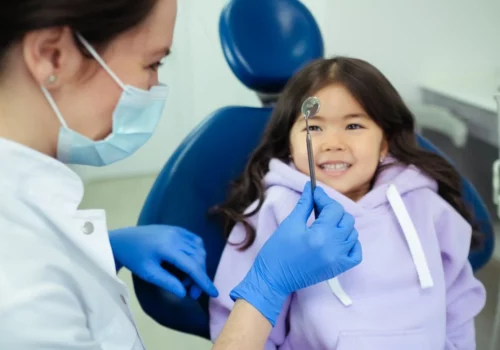

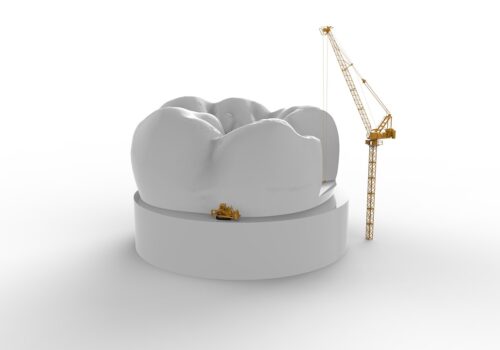
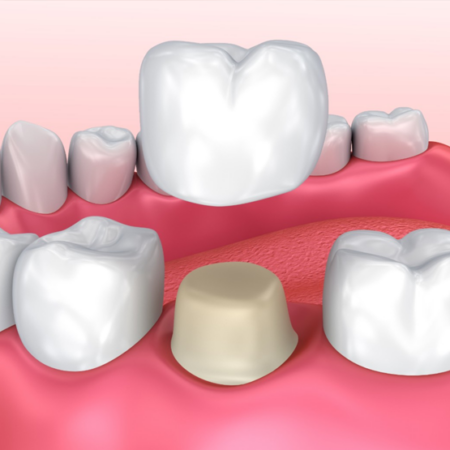
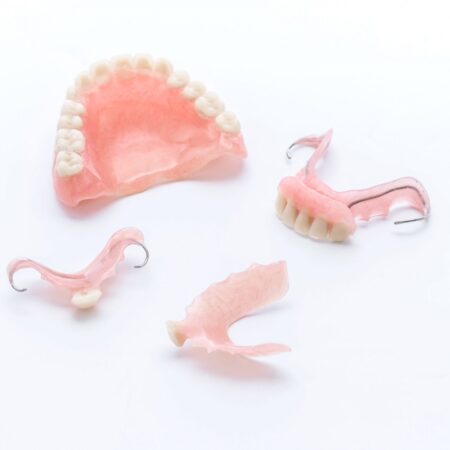
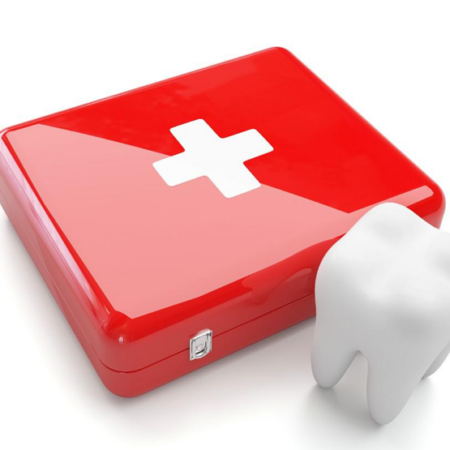
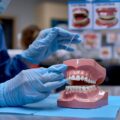


Leave a Reply